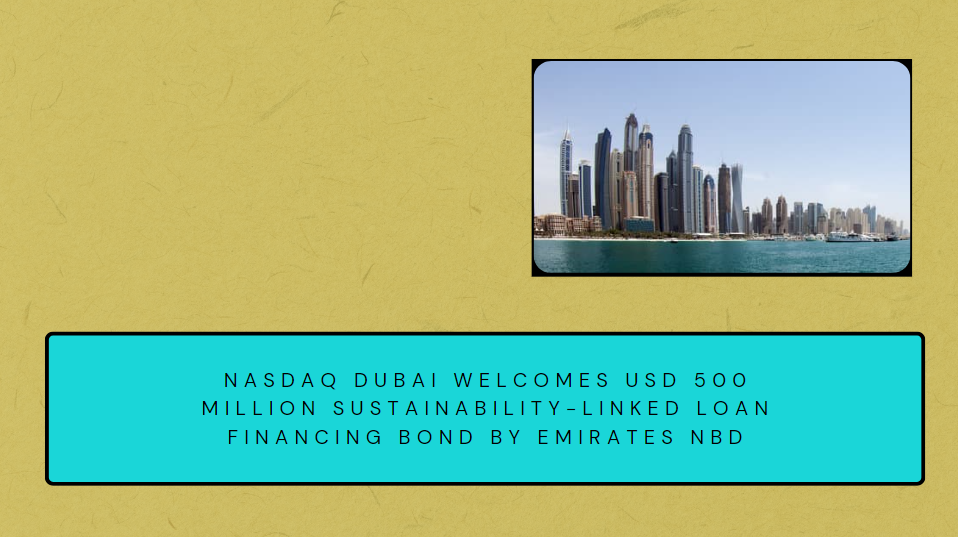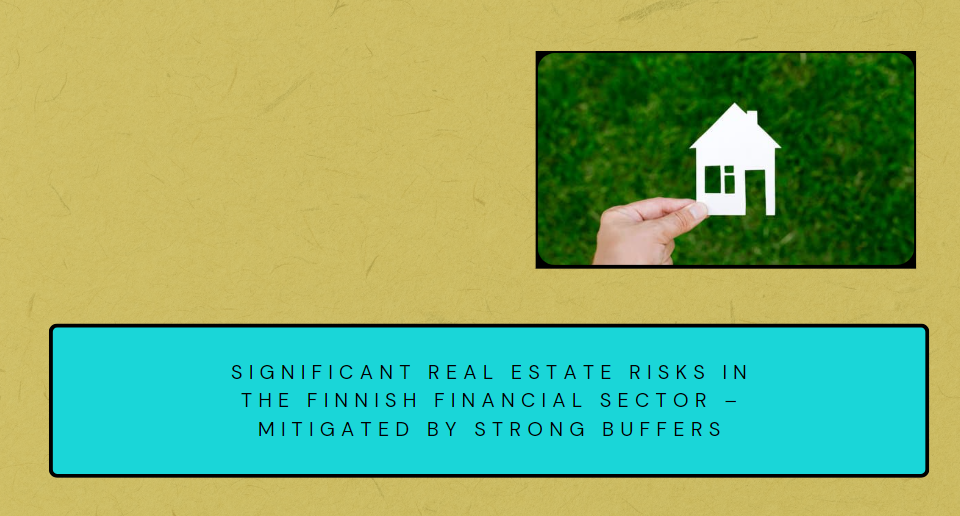IMF Endorses Hong Kong's Resilience as a Global Financial Hub Amid Fiscal Recovery Efforts
The International Monetary Fund (IMF) has reaffirmed Hong Kong's standing as a leading international financial centre while acknowledging its gradual economic recovery and fiscal prudence. In the Concluding Statement of its 2024 Article IV Consultation, the IMF highlighted the city's robust institutional frameworks and the soundness of its financial system, despite navigating persistent global headwinds.
Gradual Recovery and Resilient Financial System
Hong Kong's economy, though still facing challenges, is on a steady path to recovery. The IMF noted the resilience of its financial system, supported by the Linked Exchange Rate System (LERS), ample policy buffers, and strong regulatory foundations. Chief Executive of the Hong Kong Monetary Authority (HKMA), Eddie Yue, emphasized that the LERS continues to be well-suited for Hong Kong's open economy and globally integrated financial services sector, bolstered by significant foreign and fiscal reserves.
Projected real GDP growth for Hong Kong is set at 2.7% for both 2024 and 2025, underpinned by initiatives to attract high-value industries and foreign talent while fostering greater integration within the Guangdong-Hong Kong-Macao Greater Bay Area.
Fiscal Consolidation: Balancing Growth and Prudence
The IMF endorsed the HKSAR Government's medium-term fiscal consolidation strategy, projecting a narrowing fiscal deficit driven by expenditure control, reduced pandemic-related spending, and the exploration of new revenue streams. Financial Secretary Paul Chan reaffirmed Hong Kong's commitment to maintaining a competitive low-tax environment while adhering to the "affordable users pay" principle to manage public expenditure.
Hong Kong’ strategy prioritizes minimizing disruptions to economic recovery while addressing structural economic adjustments. Measures such as curtailing recurrent expenditure growth and responsibly exploring new revenue sources are designed to restore fiscal balance over the coming years.
Banking Sector and Counter-Cyclical Measures
The IMF praised the health of Hong Kong's banking sector, noting strong capital adequacy, liquidity, and profitability among locally incorporated banks. Low mortgage delinquency rates and solid household credit quality further highlight the sector's stability. Additionally, the HKMA's adoption of a positive-neutral Counter-Cyclical Capital Buffer (CCyB) rate was recognized as a proactive measure to enhance the banking sector's ability to support the real economy during systemic risks.
Advancing Green and Sustainable Finance
Significant progress in developing a green finance ecosystem positions Hong Kong as a leader in sustainable finance. The IMF acknowledged the HKSAR Government' efforts in advancing green finance initiatives to bolster Hong Kong' competitiveness and long-term growth as a global financial hub.
Implications for International Stakeholders
For international businesses, investors, and financial professionals, Hong Kong's steadfast commitment to fiscal discipline, robust regulatory frameworks, and green finance development offers a conducive environment for growth and innovation. The city's integration with the Greater Bay Area further enhances its role as a strategic gateway to China’s markets.
As Hong Kong continues to strengthen its global position, the IMF’s endorsement underscores the city’resilience and adaptability in an evolving financial landscape, offering promising opportunities for stakeholders navigating Asia-Pacific's dynamic economies.






















































First, please LoginComment After ~